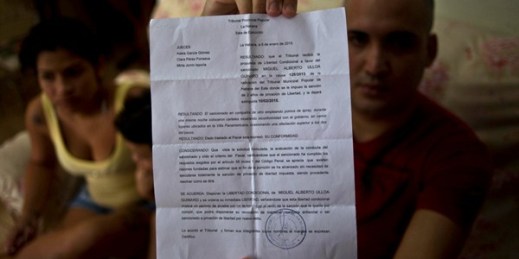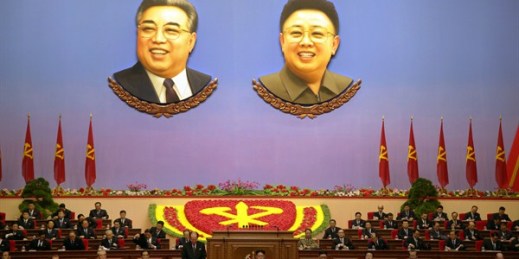
In this week’s Trend Lines podcast, WPR’s editor-in-chief, Judah Grunstein, and host Peter Dörrie discuss the challenges facing NATO, South Sudan’s unstable peace, and Kim Jong Un cementing his power at North Korea’s party congress. For the Report, Ted Henken, joins us to explain what normalization with the U.S. and reforms mean for Cuba’s economy and political opposition. Listen: Download: MP3Subscribe: iTunes | RSS Relevant articles on WPR: From Russia to Refugee Crisis, NATO Faces Biggest Test Since the Cold War Machar’s Return Only the First Step in Bringing South Sudan Back Together North Korea Party Congress Shows Kim’s Power—and […]

